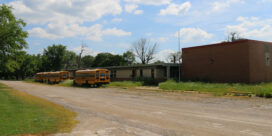New research paints an alarming picture of crises facing rural students
Many rural communities are still facing multiple crises in educational loss, economic outcomes, unemployment, and mental health in the wake of the COVID-19 pandemic, according to the Why Rural…







